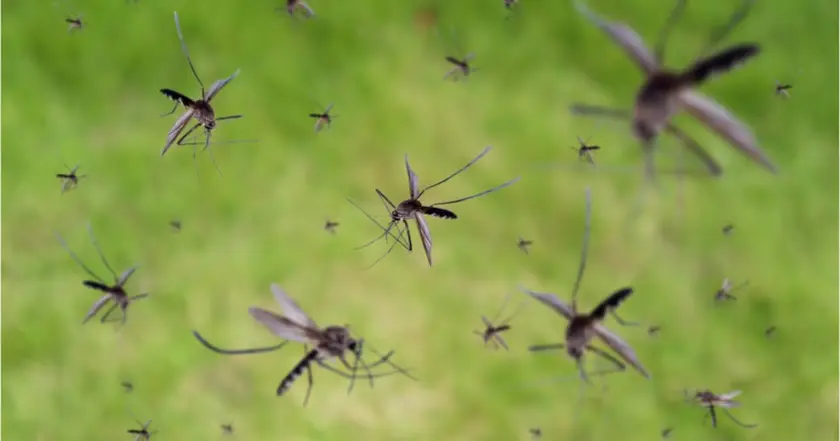T4K3.news
Oropouche virus detected in Britain
Three UK cases linked to Brazil travel prompt health warning and prevention guidance.

UK health chiefs warn of three Oropouche virus cases in Britain linked to travel to Brazil.
Oropouche virus detected in Britain triggers travel warning
Three people in the UK have been diagnosed with the Oropouche virus, also known as sloth fever, after returning from Brazil. Health authorities say the virus is spread by bites from small midges and some mosquitoes. Typical symptoms include fever, headache, joint and muscle pain, chills, nausea, vomiting, a rash, dizziness and light sensitivity. In rare cases, the virus can attack the brain and cause meningitis or encephalitis, though this happens in about four percent of infections. There is no vaccine; most patients recover with rest and fluids. Prevention focuses on avoiding bites and reducing contact with insects.
Travelers are advised to wear long sleeves, use DEET-containing repellents, stay in air conditioned spaces or behind fine-mesh screens, and use insecticide-treated bed nets. Sexual transmission has not been reported. Global figures show thousands of cases this year, with Brazil reporting most fatalities; UK cases have not resulted in deaths to date. Pregnant travelers are urged to discuss risks with a GP or travel clinic before going to affected areas.
Key Takeaways
"If you're pregnant and considering travel to affected areas, it is important to discuss this with your GP or travel clinic before you go."
UKHSA guidance to pregnant travelers
"There is no vaccine and prevention is the best defense."
Public health messaging on OROV
"Three cases in Britain show how travel links can surface."
Initial UK case report context
The UK cases underscore how tropical diseases can surface in non endemic countries through international travel. Vector borne illnesses depend on local insects, so outbreaks hinge on weather, geography and human movement. While the immediate risk to Brits may be low, the episode raises questions about monitoring, messaging and how ready health systems are to identify and respond to unfamiliar pathogens.
Public health messaging must balance caution with clarity to avoid unnecessary panic. The absence of a vaccine elevates the importance of prevention, surveillance and rapid information sharing with travelers and clinicians alike. The episode also highlights how climate and travel patterns can reshape disease maps over time.
Highlights
- Pregnant travelers should consult a GP before travel
- There is no vaccine and prevention is key
- Three UK cases show how travel links can surface
- Protective measures matter when entering affected areas
Health risk linked to travel and pregnancy caution
The report involves a tropical disease arriving via travel, potential neurological risk, and guidance for pregnant travelers. This intersects with public health messaging and travel advisories, raising concerns about surveillance, vaccine development timelines, and public reaction.
Public health teams will continue monitoring and update guidance as more is learned about OROV.
Enjoyed this? Let your friends know!
Related News

Three UK cases of tropical virus linked to Brazil travel
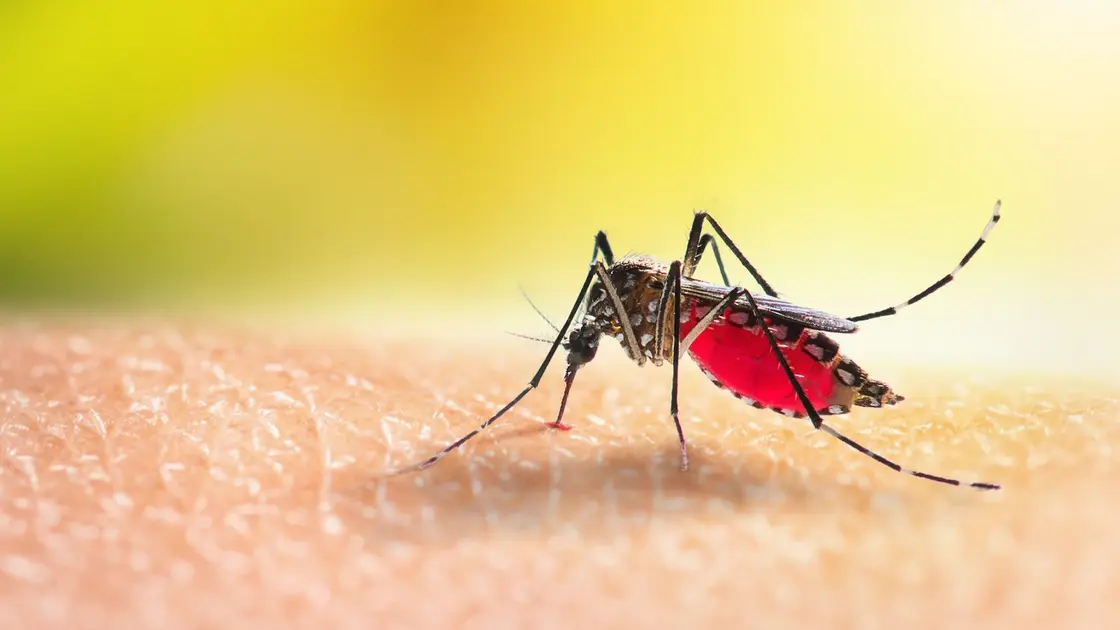
UK travel health update
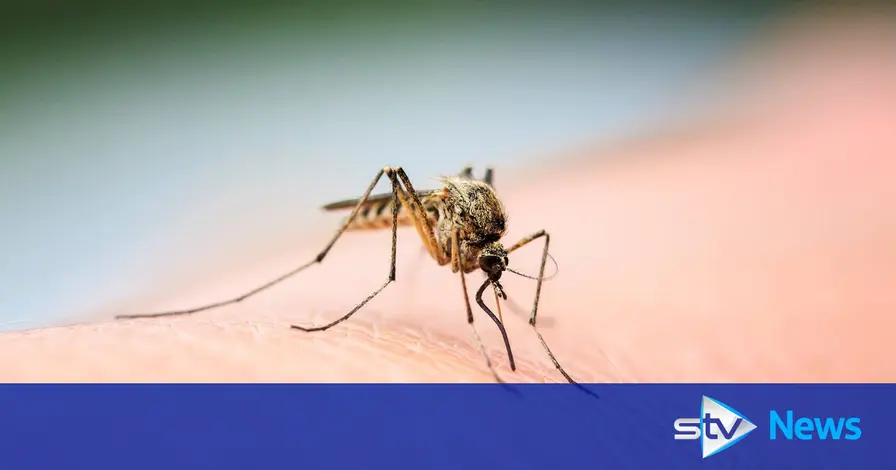
UK travel health alert
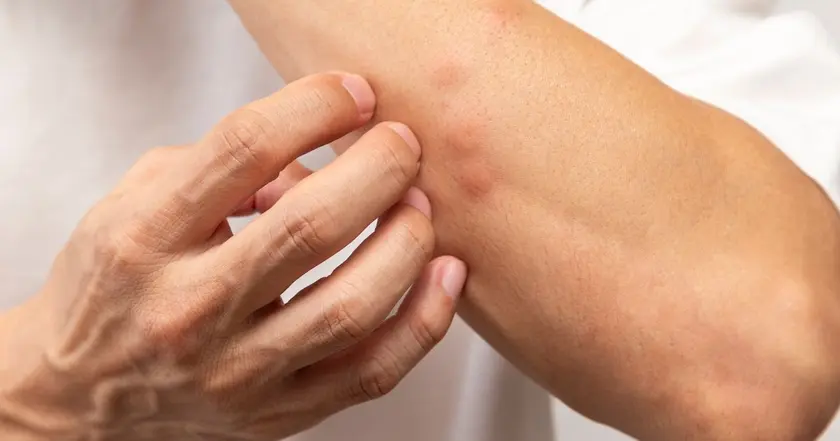
UK detects first travel related Oropouche virus cases

Chikungunya cases rise in UK

Rise in Crimean Congo fever cases reported in Greece and Spain
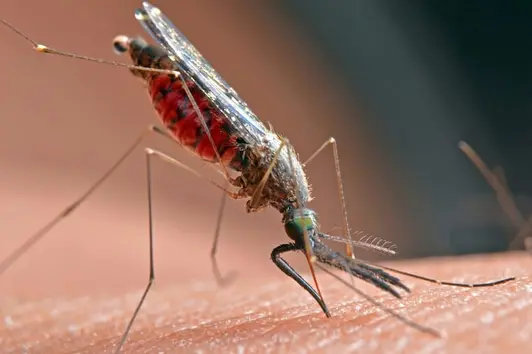
West Nile virus detected in Philadelphia mosquitoes
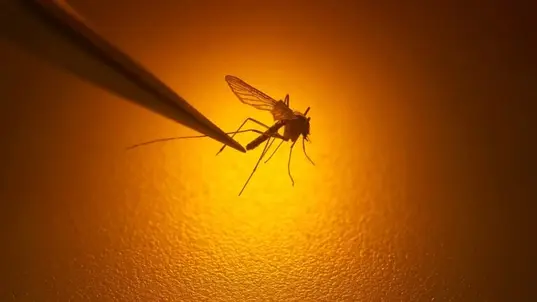
Mosquitos in Massachusetts test positive for EEE virus
